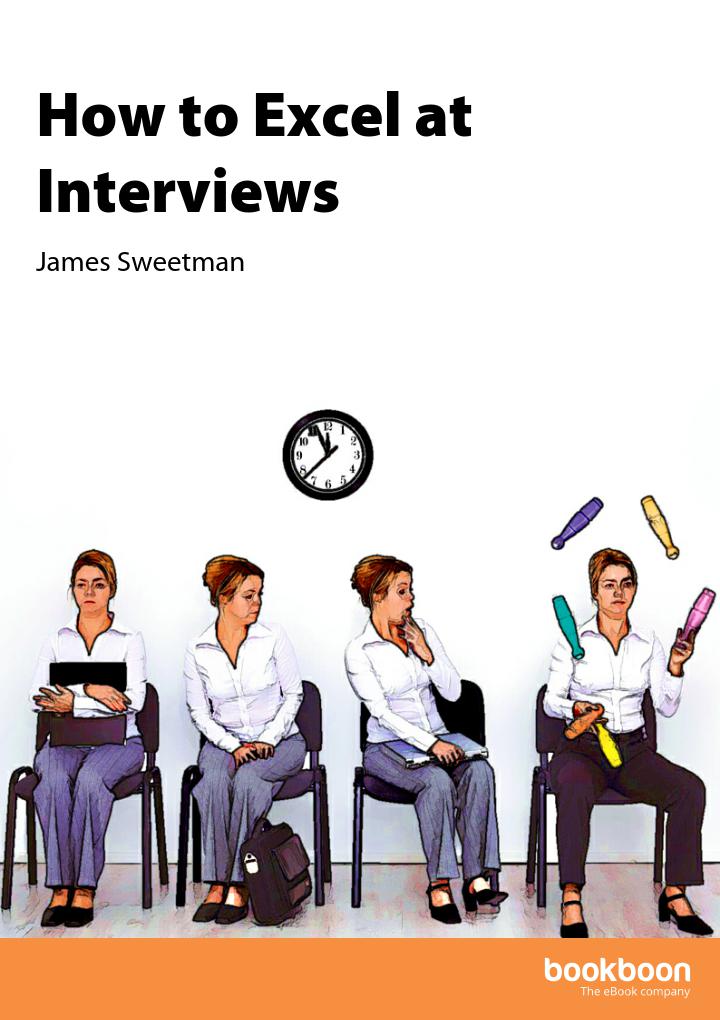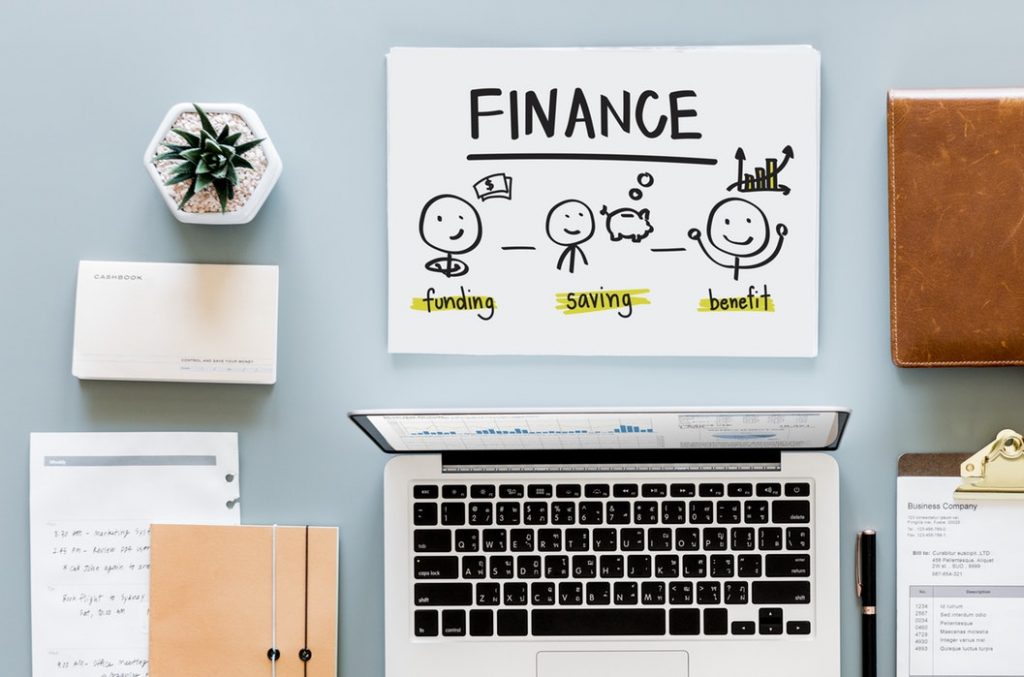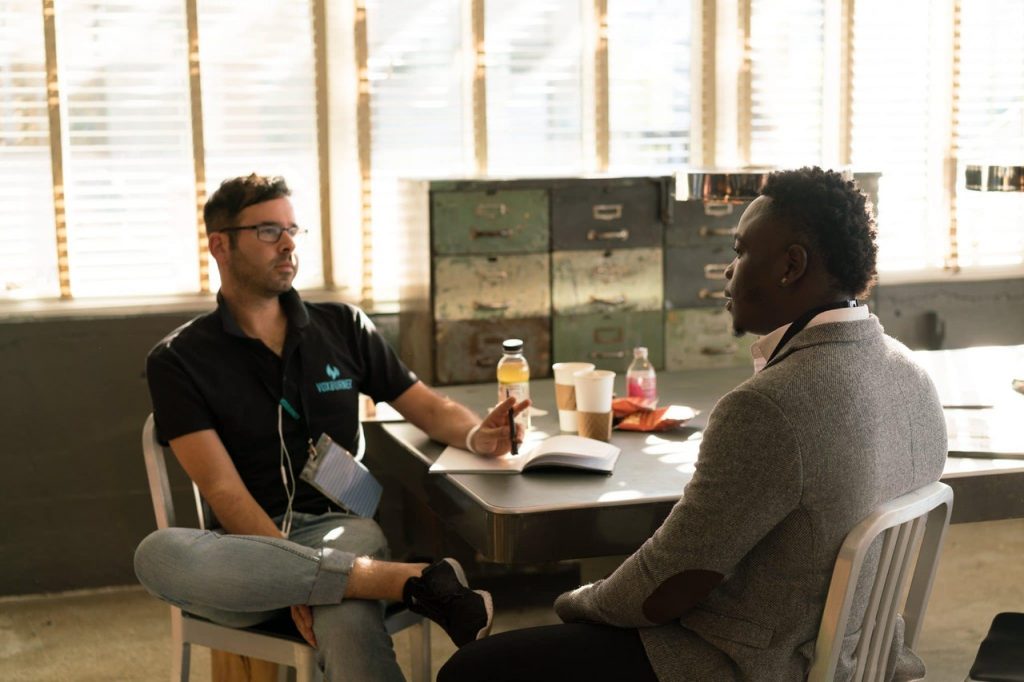24 common interview questions

The questions asked during a competency based interview will vary depending on the company and the specific role. Whilst some competencies appear on many job descriptions, organisations will have their own unique definition of what that competency means to them, shaped by their specific priorities and company culture. For example, one company’s definition of interpersonal skills may not be the same as the next, so it is important to pay attention to the detail in the job description.
Here are six common competencies with examples of questions interviewers can ask to assess your skill, knowledge, experience and judgement in each area.
Communication skills
Communication skills is a broad competency and depending on the role emphasis will be placed on different aspects of it, for example, written communication, presentation skills, listening skills. If written communication (e.g. report writing) is an integral part of the job, it will probably be assessed separately. Similarly, if presentation skills are a key competency, you would usually be asked to deliver a presentation as part of the recruitment process.
Communication skills, especially verbal communication is somewhat unique because in many ways it is assessed during the actual process of the interview. So, in addition to your ‘live’ demonstration of your communication skills, here are some questions interviewers can pose.
- Tell us about a situation where your communication skills made a positive difference to a situation.
- Explain how you would go about dealing with a difficult customer.
- Talk us through a time when you felt your communication skills let you down and what did you learn from that experience?
- Have you ever dealt with people who were unresponsive or reluctant to listen? How did you deal with them?
Leadership
Leadership is another broad competency. For more senior positions it will often be divided into several competencies like strategic thinking, vision and execution. In general terms, qualities that are sought under the heading of leadership include being proactive, setting standards, being a role model, and managing change. It can overlap with other competencies like influencing skills, managing conflict and motivating others.
- Give us an example of how you inspired or motivated a team to improve their performance.
- Describe a situation where you achieved your outcomes by getting a team to support you?
- How do you approach people who show resistance to your leadership?
- How would you describe your leadership style?
- What has been your greatest lesson in leadership?
Team Player
This is another common competency because practically all roles today involve working co-operatively with others.
- Give us an example of how you helped a team you were part of achieve a goal.
- In the past how have you approached dealing with conflict within a team?
- Were you ever part of a dysfunctional team? What did you learn from that experience?
- What do you enjoy most about being part of a team?
Influencing and negotiation skills
This competency can be viewed as an extension of communication skills. Interviewers are assessing your skills of persuasion, your ability to foster buy in, handle conflict and resolve issues.
- Give us an example of how you positively influenced someone (or a group of people.)
- Describe a situation where you had to seek agreement with people with different agendas.
- Have you ever been in a situation where you had to persuade others to go along with a decision or an idea you didn’t believe in yourself? How did you handle that?
Organisational skills
Skills and qualities assessed within this competency include an ability to prioritise and manage workflow, meet deadlines, achieve results, plan courses of action and an ability to approach situations in a logical and orderly way.
- Tell us about how you organise your working day.
- How do you determine your priorities?
- Tell us about a time you had to react to an unforeseen situation at work.
- Give us an example of how you have managed your time effectively in the past.
- Take us through the steps you have taken in the past to get a project up and running.
Innovative thinker
This competency will appear in the job description of any creative role (e.g. advertising) but if a company is seeking lateral thinking, or a flexible approach to work, it can be included in other job descriptions as well. Under this heading interviewers will assess your ability to think creatively, seek new solutions or simply think outside the box.
- Give us an example of how you brought a new solution to an old problem.
- Tell us about a time when some lateral thinking led to a welcome result.
- Tell us about a time where you tried something new, but it didn’t work out. What did you learn?
Hypothetical situations can also be used to great effect by interviewers to assess your ability to think laterally. Some companies have developed a reputation for asking very strange questions to test innovative thinking. For example, list five ways you could use a pen with no ink!





